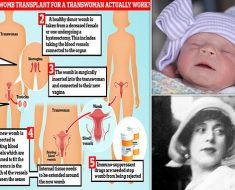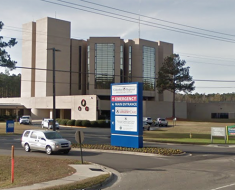
Across Europe, people with rheumatic and musculoskeletal diseases are less able to work than people in the general population. One of the most common reasons is that people with RMDs often have pain caused by their disease. This can prevent people from doing their jobs, and may also drive sick leave and long-term unemployment.
Being able to stay in work generally translates into better health and well-being for people with chronic diseases. One of EULAR’s strategic objectives is to help increase participation in work for people with RMDs, and to support them in getting the workplace adaptations they need.
The new EULAR points-to-consider were developed by a multidisciplinary task force. The group included 25 health professionals and patient representatives. The project was completed in line with EULAR standardized operating procedures. The RMDs considered were types of inflammatory arthritis, juvenile idiopathic arthritis, osteoarthritis, systemic diseases, crystal arthritis, and regional or generalized musculoskeletal pain.
The paper developed by EULAR and published in September 2022 issue of the Annals of the Rheumatic Diseases includes three overarching principles. These acknowledge that participation in work increases a person’s self-worth and self-esteem, as well as giving them financial independence and social interactions.
The aim of work-related support for people with RMDs is to optimize their work life and to support physical and mental health. EULAR believe it is important to support people with RMDs to take part in healthy and sustainable work, and ask all members of the society to take this on as a shared responsibility.
The points to consider include 11 statements on staying in work, risk factors for long-term sick leave, and the benefits of drug treatments and other interventions such as education and workplace adaptations. They also note that employers have a legal duty to ensure safety and equality at work.
To improve career perspectives and sustainable work participation for people with RMDs, workplaces should be flexible in accommodating the needs of people with RMDs. These needs will naturally differ between individuals and across jobs, and may vary over time.
Source: Read Full Article





